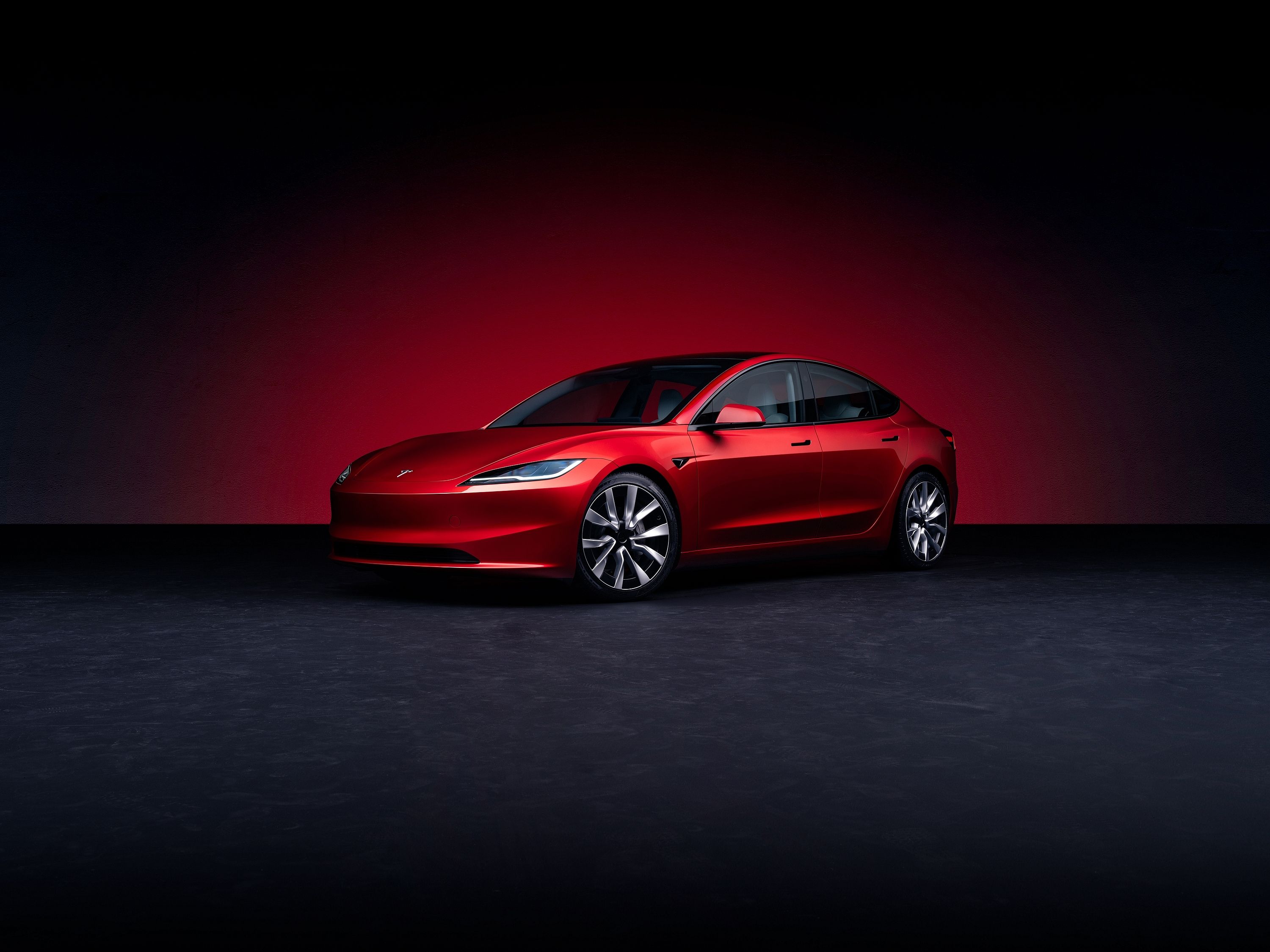
When it comes to EVs, Tesla reigns supreme. Regardless of what you think of the company (or its eccentric CEO), one cannot deny the impact the carmaker has made on the industry. This is reflected in the ever-growing popularity of its models, as evidenced by Tesla Model 3 sales. The smallest model in the lineup is cooking up a storm in the United States and abroad; demand remains strong.
But the carmaker faces a series of challenges, particularly as legacy automakers prepare for the electric future. Here in the United States, the advent of products such as the Kia EV6 and Mustang Mach-E are slowly stealing sales away from the EV giant and, according to CarNewsChina.com, a similar thing is happening in the world's biggest market.
Chinese carmaker BYD (Build Your Dreams) recently introduced the Seal, a handsome EV that will compete with the Model 3 in other markets. The battery-powered sedan has already exceeded expectations, with the company receiving 22,637 orders in a mere six hours; annual production was pegged at 60,000 units, meaning the Chinese company has already fulfilled more than one-third of its build slots.
It's not hard to see why - the Seal lineup comprises four vehicles, with prices ranging from RMB 212,800 (approx. $31,900) to RMB 289,800 (approx. $42,400). This compares favorably with US Model 3 pricing, which kicks off at $46,990 and tops out at $62,990 before incentives. The price difference doesn't come at the expense of range; even the rear-wheel-drive base models boast a range of 342 miles, based on the Chinese CLTC test.
More impressive is the Long Range variant, which can travel up to 435 miles. The range-topping Performance derivative (with AWD and 517 hp) trades some range for athleticism but can still manage 404 miles between charges. Don't think it's a cut-price alternative with outdated technology, though.
The Seal makes use of a cell-to-body setup which, essentially, marries the battery pack to the EV's body. Battery size varies depending on the respective model. Base variants receive a 61.4-kWh item while the Long Range variant receives a stronger 82.5-kWh battery.
This isn't the only threat the Tesla Model 3 faces in China. Leapmotor's C01 is more affordable still and is promising great things in terms of performance and technology. Both the C01 and Seal are unlikely to make it to the States, but various reports indicate the Seal may enter other markets where its keen pricing may prove a real threat to Tesla.
